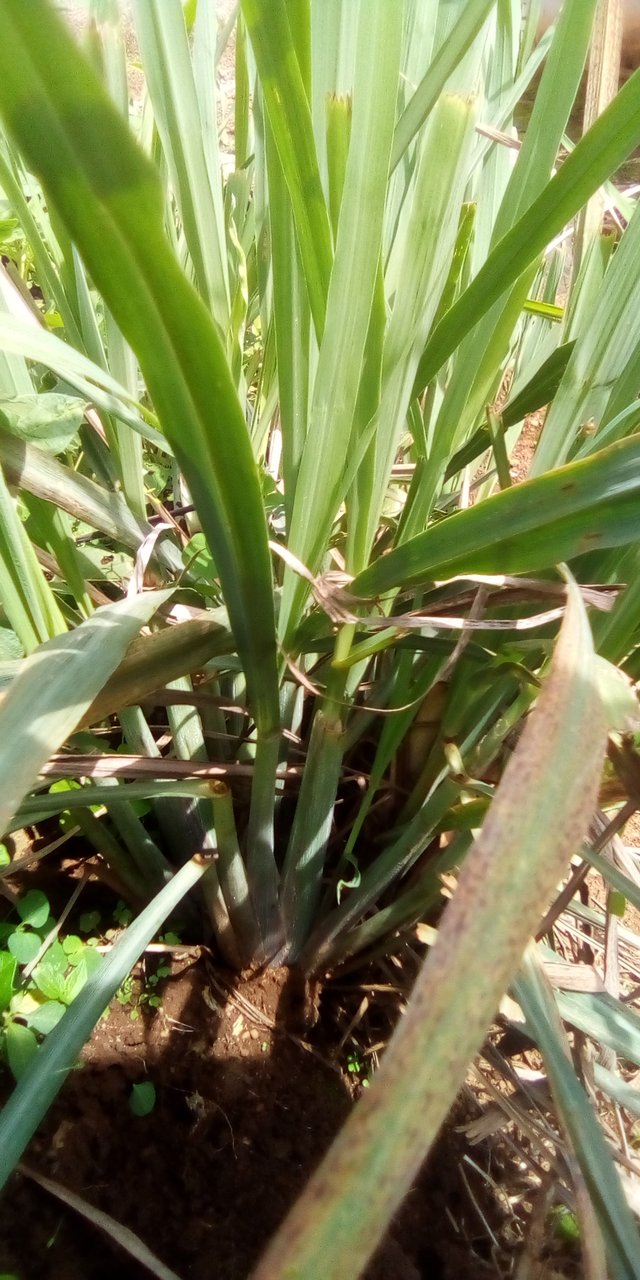Cymbopogon, also known as lemongrass, barbed wire grass, silky heads, Cochin grass, Malabar grass, oily heads, citronella grass or fever grass, is a genus of Asian, African, Australian, and tropical island plants in the grass family.Some species (particularly Cymbopogon citratus) are commonly cultivated as culinary and medicinal herbs because of their scent, resembling that of lemons (Citrus limon). The name cymbopogon derives from the Greek words kymbe (κύμβη, 'boat') and pogon (πώγων, 'beard') "which mean [that] in most species, the hairy spikelets project from boat-shaped spathes.

C. citratus from the Philippines, where it is locally known as tanglad
Citronella grass (Cymbopogon nardus and Cymbopogon winterianus) grow to about 2 metres (6+1⁄2 feet) and have magenta-colored base stems. These species are used for the production of citronella oil, which is used in soaps, as an insect repellent (especially mosquitoes and houseflies) in insect sprays and candles, and in aromatherapy. The principal chemical constituents of citronella, geraniol and citronellol, are antiseptics, hence their use in household disinfectants and soaps. Besides oil production, citronella grass is also used for culinary purposes, as a flavoring.
East Indian lemongrass (Cymbopogon flexuosus), also called Cochin grass or Malabar grass, is native to Cambodia, Vietnam, Laos, India, Sri Lanka, Burma, and Thailand, while West Indian lemongrass (Cymbopogon citratus) is native to maritime Southeast Asia. While both can be used interchangeably, C. citratus is more suitable for cooking.
In India, C. citratus is used both as a medical herb and in perfumes. C. citratus is consumed as a tea for anxiety in Brazilian folk medicine, but a study in humans found no effect. The tea caused a recurrence of contact dermatitis in one case.In the Caribbean, the tea is also brewed and consumed to boost immunity.
One study found the tea may exert an erythropoiesis boosting effect.
In Hoodoo, lemongrass is the primary ingredient of van van oil, one of the most popular oils used in conjure.Lemongrass is used in this preparation and on its own in hoodoo to protect against evil, spiritually clean a house, and to bring good luck in love affairs.
In beekeeping, lemongrass oil imitates the pheromone emitted by a honeybee's Nasonov gland to attract bees to a hive or to a swarm.